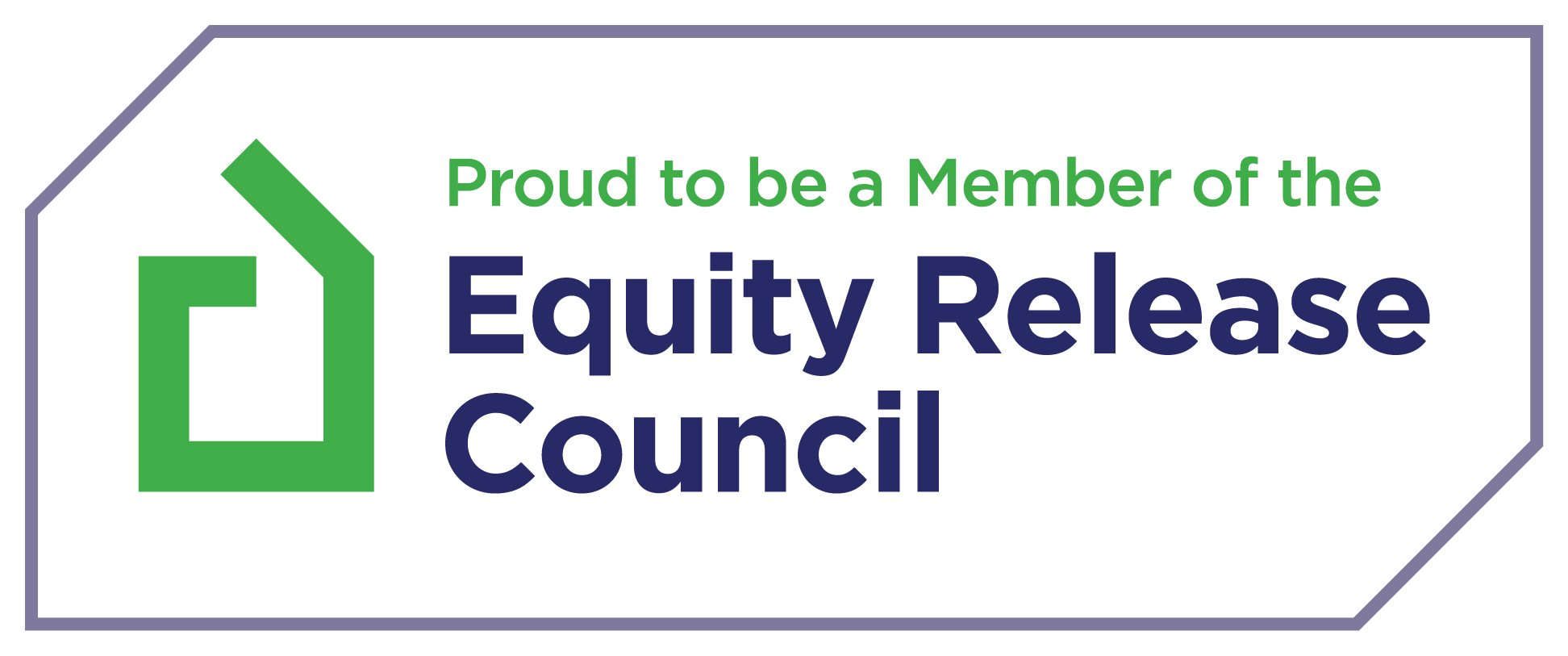
Equity release allows homeowners aged 55 and over to unlock tax-free cash from their property while continuing to live in it. But what if your circumstances change and you want to rent out your home—either the whole property or a part of it?
In most cases, equity release providers have strict rules about renting out a home with an equity release mortgage. However, there are some exceptions and ways to make it work. In this article, we’ll explore the rules, potential risks, and your options if you’re considering renting out your home after taking out equity release.
Can You Rent Out Your House with an Equity Release Mortgage?
The short answer is no—most equity release providers require that your home remains your main residence, meaning you cannot rent it out without their permission.
When you take out an equity release mortgage, you agree to certain terms, including:
✔ You must live in the property as your primary residence.
✔ You cannot rent out the entire property.
✔ You must maintain the property and comply with lender conditions.
If you breach these conditions, the lender may demand full repayment of the loan, which could force you to sell the property.
However, there are some exceptions that may allow limited rental options.
When Can You Rent Out a Property with Equity Release?
While renting out the entire property is usually not allowed, some lenders may permit:
1. Renting Out a Room (Lodger Agreement)
Some equity release providers allow homeowners to rent out a single room to a lodger, as long as:
- You continue to live in the property full-time.
- You notify the lender and obtain their approval.
- A formal lodger agreement is in place (not a standard tenancy agreement).
This can be a good way to generate extra income while staying within lender rules.
2. Short-Term Letting (Limited Holiday Rentals)
Certain providers allow homeowners to rent out the property for short periods—for example, through Airbnb or holiday lets—as long as you have written approval. However, strict conditions apply, such as:
- Limits on the number of days per year you can rent out the property.
- Ensuring the property remains your primary residence.
- Some providers banning short-term lets completely due to potential risks.
If you are considering this, you must check with your equity release provider before listing your home on any short-term rental platform.
3. Renting Out the Property After Moving into Care
If you move into long-term care, some lenders may allow your family to rent out the home temporarily instead of selling it immediately. However:
- The rental income may be used to cover interest payments on the loan.
- The lender may still require the property to be sold within a set timeframe.
This is something to discuss with your lender or equity release adviser if you are planning for future care needs.
Why Do Equity Release Providers Restrict Renting?
Lenders place rental restrictions on equity release properties for several reasons:
✔ They require the property to be owner-occupied. Equity release mortgages are designed for homeowners to live in their property for life.
✔ Tenants complicate repossession. If the homeowner passes away or moves into care, the lender require the property to be sold to recover the loan, and tenants may delay this process.
✔ Rental properties often require different insurance and legal protections. Many lenders do not permit buy-to-let properties under their equity release plans.
These rules exist to protect both the lender and the homeowner.
What Happens If You Rent Out Your House Without Permission?
If you rent out your home without informing your equity release provider, you could:
❌ Breach the terms of your agreement, triggering an early repayment demand.
❌ Lose important protections, such as the no-negative equity guarantee.
❌ Face financial penalties or forced sale of the property.
Before making any decisions about renting out your home, always speak to your lender first.
Alternatives If You Want to Rent Out Your Home
If you want to rent out your home but also need equity release, consider these alternatives:
1. Remortgaging to a Buy-to-Let Equity Release Plan
Some lenders offer buy-to-let lifetime mortgages, which allow property owners to:
- Release equity from a property while keeping it as a rental investment.
- Rent out the property without breaching any terms.
This could be an option if you own multiple properties or plan to move and keep the home as a rental.
2. Downsizing Instead of Renting
If your goal is to generate extra income, consider downsizing to a smaller home and using the surplus funds rather than renting out your existing property.
3. Partial Repayments to Reduce Loan Balance
If you were considering renting out the home to cover finances, you might be able to make voluntary repayments on your equity release loan instead, reducing the interest accumulation over time.
FAQs About Renting a Property with Equity Release
Can I Rent Out My Entire Home with Equity Release?
No—most equity release plans do not allow you to rent out your entire property.
Can I Take in a Lodger with Equity Release?
Yes—some lenders allow homeowners to rent out a single room to a lodger, with permission.
Can I List My Home on Airbnb If I Have Equity Release?
It depends—some lenders strictly prohibit short-term lets, while others may allow limited holiday rentals with approval.
What Happens If I Rent Out My House Without Telling My Lender?
You could breach your equity release agreement, leading to penalties or an early repayment demand.
Can My Family Rent Out the Home If I Move into Care?
In some cases, lenders may allow temporary rental before requiring the home to be sold, but this must be agreed upon in advance.
Next Steps
If you’re considering renting out your home after taking out an equity release plan, it’s crucial to check with your provider to avoid breaching your agreement. To explore your options:
- Speak to an expert on our Equity Release Adviser page.
- Use our Equity Release Calculator to estimate how much you could unlock.
- Read more about equity release in related articles:
By understanding your options and working with a trusted equity release provider, you can make informed decisions about your property’s future.


